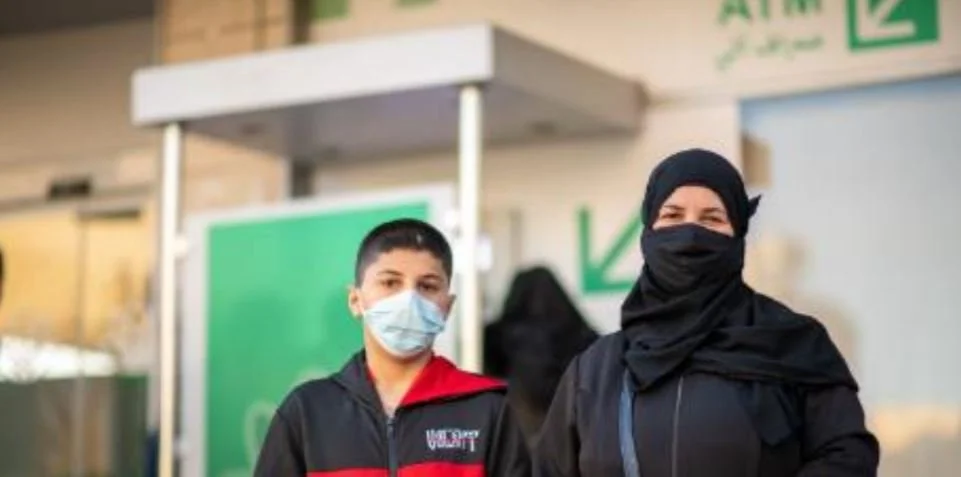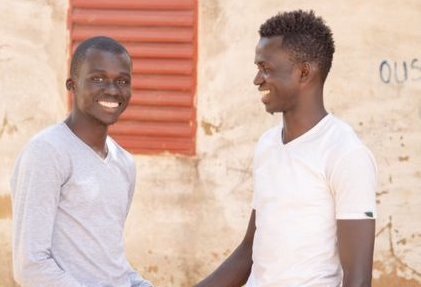December 2023
Samuel Hall collaborated with the Asia Displacement Solutions Platform (ADSP) to contribute to two significant research briefs addressing pressing issues Afghan communities face. The first, "Forced to Migrate: Afghan Women Waiting for Protection in Iran and Pakistan," explores the reduced protection space and obstacles confronting Afghan families in the same regions The second, "Afghan Children’s Access to Education in Iran and Pakistan," sheds light on the challenges experienced by Afghan girls in Iran and Pakistan post-2021 migration.
These research briefs are pivotal in understanding the complexities of education rights and forced migration challenges in these regions. Our studies emphasize the urgent need for international support and a rights-based response. A key recommendation emerging from our research is the call for increased global solidarity and responsibility sharing to address the rights of Afghan women, children, and families.
Read the briefing note on Forced to Migrate: Afghan Women Waiting for Protection in Iran and Pakistan, here
Read the briefing note on Afghan Children’s Access to Education in Iran and Pakistan here
Read More


















